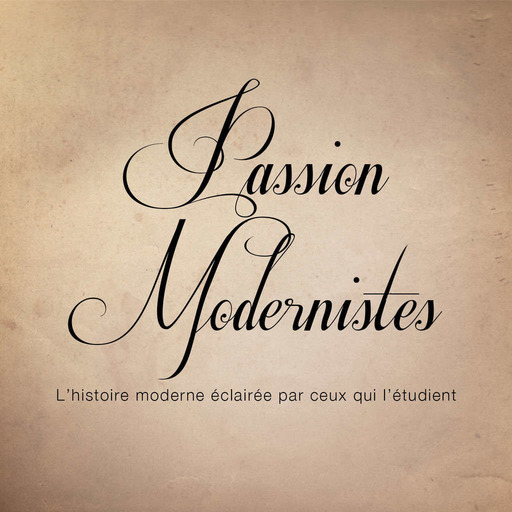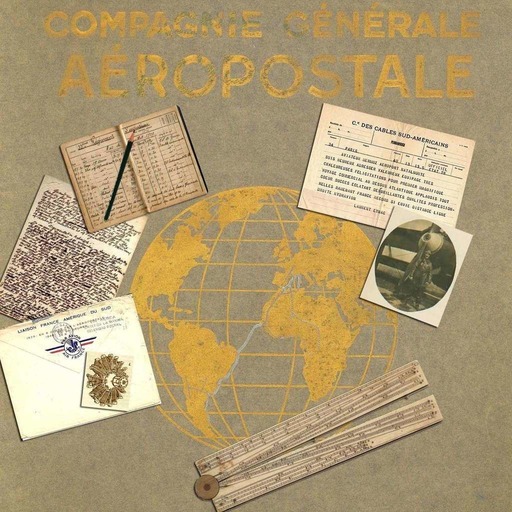Melvyn Bragg and guests discuss the Scottish Enlightenment of the 18th century. In 1696 the Edinburgh student, Thomas Aitkenhead, claimed theology was "a rhapsody of feigned and ill invented nonsense". He was hanged for his trouble - just one victim of a repressive religious society called the Scottish Kirk. Yet within 60 years Scotland was transformed by the ideas sweeping the continent in what we call the Enlightenment. This Scottish Enlightenment emerged on a broad front. From philosophy to farming it championed empiricism, questioned religion and debated reason. It was crowned by the philosophical brilliance of David Hume and by Adam Smith – the father of modern economics. But what led to this ‘Scottish Miracle’, was it an indigenous phenomenon or did it depend on influence from abroad? It profoundly influenced the American revolutionaries and the British Empire, but what legacy does it have for Scotland today?With Professor Tom Devine, Director of the Research Institute of Irish and Scottish Studies at the University of Aberdeen; Karen O’Brien, Reader in English and American Literature at the University of Warwick; Alexander Broadie, Professor of Logic and Rhetoric at the University of Glasgow.
Publié le par BBC Radio 4
(C) BBC 2026
Les podcasts externes de ce site sont récupérés à partir de liens publics (Feed XML/RSS) qui nous ont été fournis par nos utilisateurs ainsi que des partenaires. Ce podcast m'appartient.


 Emissions
Emissions





